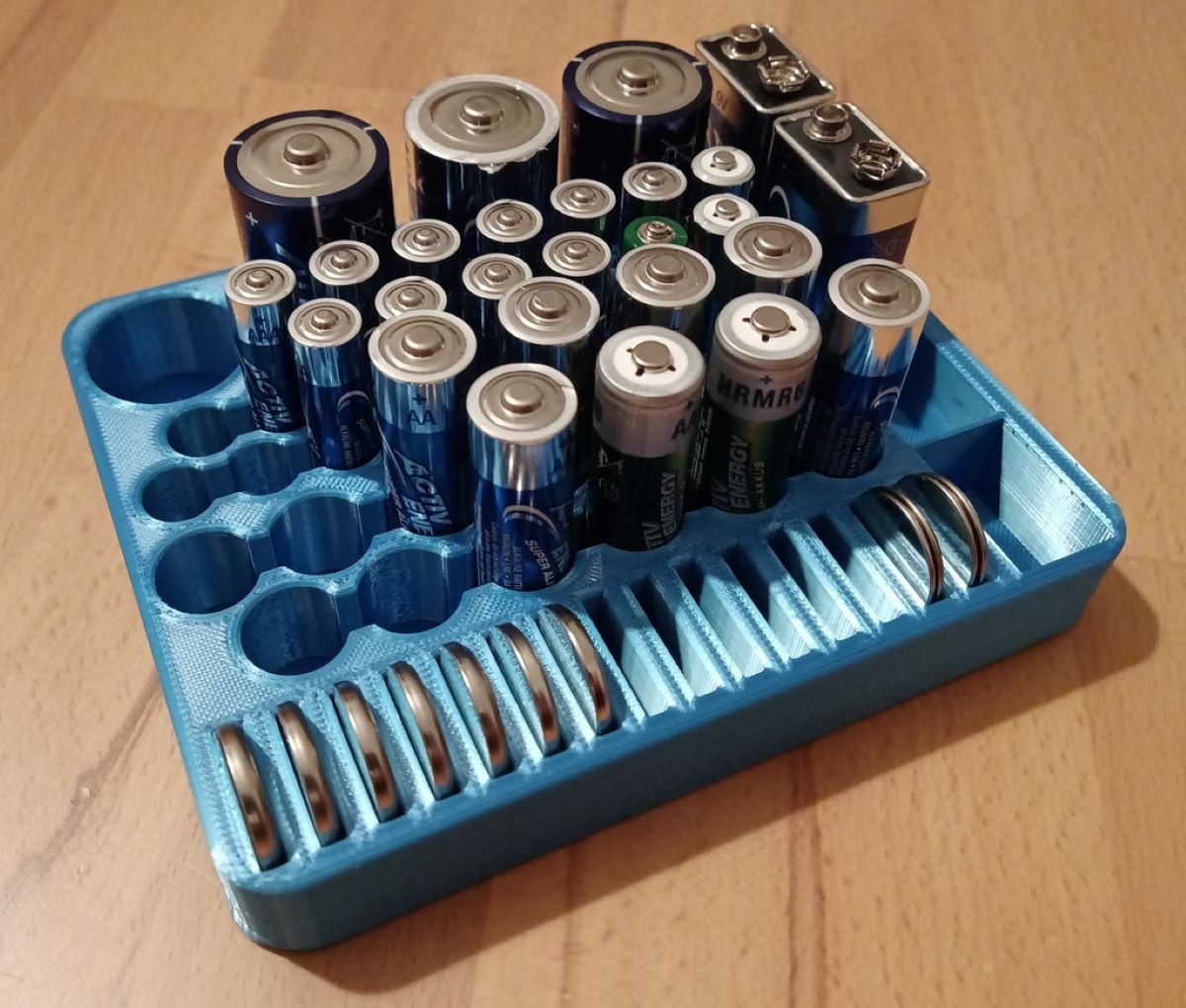

Articles
How To Store Aa And Aaa Batteries
Modified: August 28, 2024
Learn the best methods for storing AA and AAA batteries in this informative article. Discover how to prolong their lifespan and avoid potential hazards.
(Many of the links in this article redirect to a specific reviewed product. Your purchase of these products through affiliate links helps to generate commission for Storables.com, at no extra cost. Learn more)
Introduction
AA and AAA batteries are commonly used in various electronic devices, ranging from TV remotes to portable speakers. However, when it comes to storing these batteries, many people are unaware of the best practices. Improper storage can lead to decreased battery performance, leakage, or even potential hazards. To ensure that your batteries remain in optimal condition and last as long as possible, it is important to follow some essential guidelines for storage.
In this article, we will discuss the safety precautions to consider when storing AA and AAA batteries. We will also provide specific recommendations for storing AA batteries and AAA batteries separately, as they have slightly different requirements. Additionally, we will share some best practices that apply to both battery types, allowing you to extend their lifespan and maximize their performance. By implementing these tips, you can create a safe and efficient storage system for your batteries.
Remember, proper battery storage not only extends the life of your batteries but also contributes to a safer environment by minimizing the risk of leakage and environmental pollution. So, let’s dive in and explore the best ways to store your AA and AAA batteries!
Key Takeaways:
- Proper storage of AA and AAA batteries is crucial for maximizing performance, longevity, and safety. Follow guidelines to prevent leakage, corrosion, and accidents, ensuring your batteries are ready to power devices when needed.
- Prioritize safety by storing batteries in a cool, dry place, keeping them separated, and disposing of expired or damaged batteries properly. Implement best practices to maintain optimal battery condition and contribute to a safer environment.
Read more: How To Recharge AA Batteries In Freezer
Safety Precautions
When it comes to storing AA and AAA batteries, it is crucial to prioritize safety to prevent any potential accidents or damage. Follow these safety precautions to ensure the safe storage of your batteries:
- Avoid Extreme Temperatures: Batteries should not be exposed to extreme temperatures, whether it’s heat or cold. High temperatures can lead to leakage and decreased battery performance, while extremely cold temperatures can cause the batteries to drain faster. Store your batteries in a cool, dry place with a moderate temperature range.
- Keep Batteries Away from Moisture: Exposure to moisture can damage batteries and increase the risk of corrosion. Ensure that your storage area is dry and away from any sources of moisture.
- Prevent Battery Contacts from Touching: The contacts on batteries (the positive and negative ends) should not come into contact with each other or any other metal objects. This can cause the batteries to short circuit, potentially leading to overheating or leakage. To prevent accidental contact, consider storing your batteries in their original packaging or using small storage containers with individual compartments.
- Keep Batteries Out of Reach of Children and Pets: To prevent accidental ingestion or misuse, ensure that batteries are stored in a secure location, out of reach of children and pets. Ingesting batteries can be extremely dangerous and may require immediate medical attention.
- Avoid Mixing New and Used Batteries: Mixing new and used batteries can lead to uneven power distribution and decrease the overall performance of your devices. Whenever possible, avoid mixing batteries and try to use them in similar conditions.
- Dispose of Damaged Batteries Properly: If you come across any damaged or swollen batteries during storage, do not use them. Damaged batteries can leak or rupture and may pose a safety hazard. Follow local regulations for proper disposal of damaged batteries.
- Label Expired Batteries: It’s important to keep track of battery expiration dates. Expired batteries may lose their charge quickly or even leak. Label expired batteries or separate them from the usable ones to avoid any confusion.
By following these safety precautions, you can minimize the risk of accidents or damage while storing your AA and AAA batteries. Now, let’s explore the specific guidelines for storing each battery type.
Storing AA Batteries
AA batteries are commonly used in various household devices such as flashlights, toys, and portable electronics. Proper storage of AA batteries can help maintain their performance and prevent any potential issues. Here are some recommendations for storing AA batteries:
- Remove Batteries from Unused Devices: If you have devices that you don’t use frequently or for an extended period, such as holiday decorations or backup flashlights, it is best to remove the AA batteries from these devices. Leaving batteries inside unused devices for a long time can lead to leakage or corrosion.
- Store in a Cool, Dry Place: AA batteries should be stored in a cool and dry place to maintain their optimal performance. Extreme temperatures can cause the batteries to deteriorate and affect their overall lifespan. Consider using a dedicated battery storage container or keeping them in a drawer away from direct sunlight and moisture.
- Separate New and Used Batteries: If you have a mixture of new and used AA batteries, it is essential to keep them separate during storage. This helps prevent any potential interaction between the batteries and ensures that the power distribution is even among devices.
- Organize Batteries Properly: To avoid accidental contact and potential short circuits, it is advisable to organize AA batteries in separate compartments. You can use dedicated battery organizers or even reuse the original packaging that came with the batteries. Individual compartments keep the batteries secure and prevent any unintentional discharge.
- Check Battery Charge: Before storing AA batteries, it is beneficial to check their charge levels. If the batteries are partially discharged, it is advisable to use them in low-power devices before storage. Fully charged batteries are less prone to leakage and last longer in storage.
- Label Expired Batteries: As with any other battery type, AA batteries have an expiration date. Label expired AA batteries or separate them from the usable ones to ensure you don’t accidentally use batteries past their expiration.
By following these guidelines, you can ensure that your AA batteries remain in top condition and are ready to power your devices when needed. Next, let’s explore the specific recommendations for storing AAA batteries.
Store AA and AAA batteries in a cool, dry place at room temperature. Avoid storing them in extreme heat or cold, as it can affect their performance and lifespan. Keep them in their original packaging or use a battery organizer to prevent contact with metal objects.
Storing AAA Batteries
AAA batteries, like AA batteries, are commonly used in a wide range of devices, including remote controls, wireless keyboards, and digital cameras. Proper storage of AAA batteries is essential to ensure their longevity and optimal performance. Here are some recommendations for storing AAA batteries:
- Remove Batteries from Infrequently Used Devices: If you have devices that you rarely use or won’t be using for an extended period, such as a digital camera or a backup remote control, it is best to remove the AAA batteries. This prevents any potential leakage or corrosion in the device.
- Store in a Cool, Dry Location: Similar to AA batteries, AAA batteries should be stored in a cool and dry place to maintain their performance. It is important to avoid extreme temperatures as they may negatively impact the battery life and performance. Find a dedicated storage spot away from direct sunlight and moisture.
- Keep Batteries Separate: When storing AAA batteries, it is advisable to keep them separated from other batteries or metal objects. This prevents any potential short circuits and ensures that the batteries stay in optimal condition. Consider using small storage containers with individual compartments or reusing the original packaging for AAA batteries.
- Check Battery Charge: Before storing AAA batteries, it’s a good practice to check their charge levels. If they are partially discharged, try using them in low-power devices before storing them. Fully charged batteries are less prone to leakage and can last longer in storage.
- Label Expired Batteries: AAA batteries, like any other battery type, have an expiration date. It is important to label expired AAA batteries or separate them from the usable ones to avoid any confusion and ensure you are using fresh batteries when needed.
By following these recommendations, you can ensure that your AAA batteries remain in optimal condition and are ready to power your devices effectively. Now, let’s move on to some best practices for battery storage that apply to both AA and AAA batteries.
Best Practices for Battery Storage
Regardless of the battery type, there are some general best practices to follow when it comes to storing batteries. These practices will help maximize their lifespan and ensure safe storage. Here are some best practices for battery storage:
- Store Batteries in their Original Packaging: The original packaging of batteries is designed to protect them during storage. If you still have the original packaging, use it to store your batteries. The individual compartments keep batteries separated and minimize the risk of accidental contact.
- Use Battery Organizers or Storage Cases: If you no longer have the original packaging, consider investing in battery organizers or storage cases. These containers have individual compartments and are specifically designed to keep batteries organized and secure. They help prevent accidental discharge or contact with other batteries or metal objects.
- Avoid Prolonged Exposure to Temperature Extremes: High temperatures can cause batteries to leak, while freezing temperatures can cause them to lose charge. Avoid storing batteries in locations where they are exposed to extreme heat or cold for long periods. Instead, choose a cool, dry place with a moderate temperature range.
- Keep Batteries in a Dry Environment: Moisture can lead to corrosion and damage the batteries. Ensure that the storage location is dry and free from any sources of moisture, such as basements, garages, or areas prone to humidity.
- Avoid Storing Batteries Loose in a Drawer or Container: Loose batteries have a higher risk of accidental contact, which can result in short circuits. To prevent this, always store batteries individually, either in their original packaging or in dedicated compartments within a storage container or organizer.
- Perform Regular Inspections: It’s a good practice to inspect your stored batteries periodically. Check for any signs of leakage, corrosion, or damage, such as swelling or discoloration. If you notice any issues, dispose of the affected batteries properly and replace them as necessary.
- Keep Battery Types Separated: If you store multiple battery types, such as AA and AAA, it’s important to keep them separated. This prevents any compatibility issues and ensures that the right battery is used for the appropriate device.
- Dispose of Expired or Damaged Batteries Properly: Expired or damaged batteries should be disposed of safely, following local regulations and guidelines. Contact your local recycling center or household hazardous waste facility for proper disposal methods.
By following these best practices, you can ensure that your stored batteries remain safe, organized, and in optimal condition for future use. Now that you have a good understanding of how to store AA and AAA batteries, you can implement these recommendations to maintain the performance of your batteries while also prioritizing safety.
Read more: How To Store Batteries
Conclusion
Proper storage of AA and AAA batteries is essential to maximize their performance, prolong their lifespan, and ensure safety. By following the guidelines and recommendations outlined in this article, you can create an efficient storage system for your batteries that reduces the risk of leakage, damage, or accidents.
Remember to prioritize safety by storing batteries in a cool, dry place away from extreme temperatures and moisture. Keep batteries separated and prevent accidental contact, especially with metal objects. Remove batteries from devices that are infrequently used or won’t be used for an extended period to prevent leakage or corrosion.
When storing AA batteries, organize them properly, and keep new and used batteries separate. Consider using dedicated storage containers or reusing the original packaging to maintain individual compartments. Label expired batteries and dispose of damaged batteries in accordance with local regulations.
Similarly, when storing AAA batteries, follow the same recommendations of maintaining a cool, dry environment and keeping batteries separated. Check their charge levels before storage, label expired batteries, and dispose of damaged ones appropriately.
Regardless of the battery type, it’s important to follow best practices for storage. Store batteries in their original packaging or use dedicated organizers or storage cases to keep them organized and secure. Avoid prolonged exposure to temperature extremes and moisture, perform regular inspections for any signs of damage, and dispose of expired or damaged batteries properly.
By implementing these practices, you can ensure that your stored AA and AAA batteries are ready to power your devices when needed, while also minimizing the risk of accidents or environmental harm.
Remember, taking the time to store your batteries properly is not only beneficial for their performance and lifespan but also contributes to a cleaner and safer environment.
So, implement these storage practices and enjoy the long-lasting power of your batteries!
Frequently Asked Questions about How To Store Aa And Aaa Batteries
Was this page helpful?
At Storables.com, we guarantee accurate and reliable information. Our content, validated by Expert Board Contributors, is crafted following stringent Editorial Policies. We're committed to providing you with well-researched, expert-backed insights for all your informational needs.
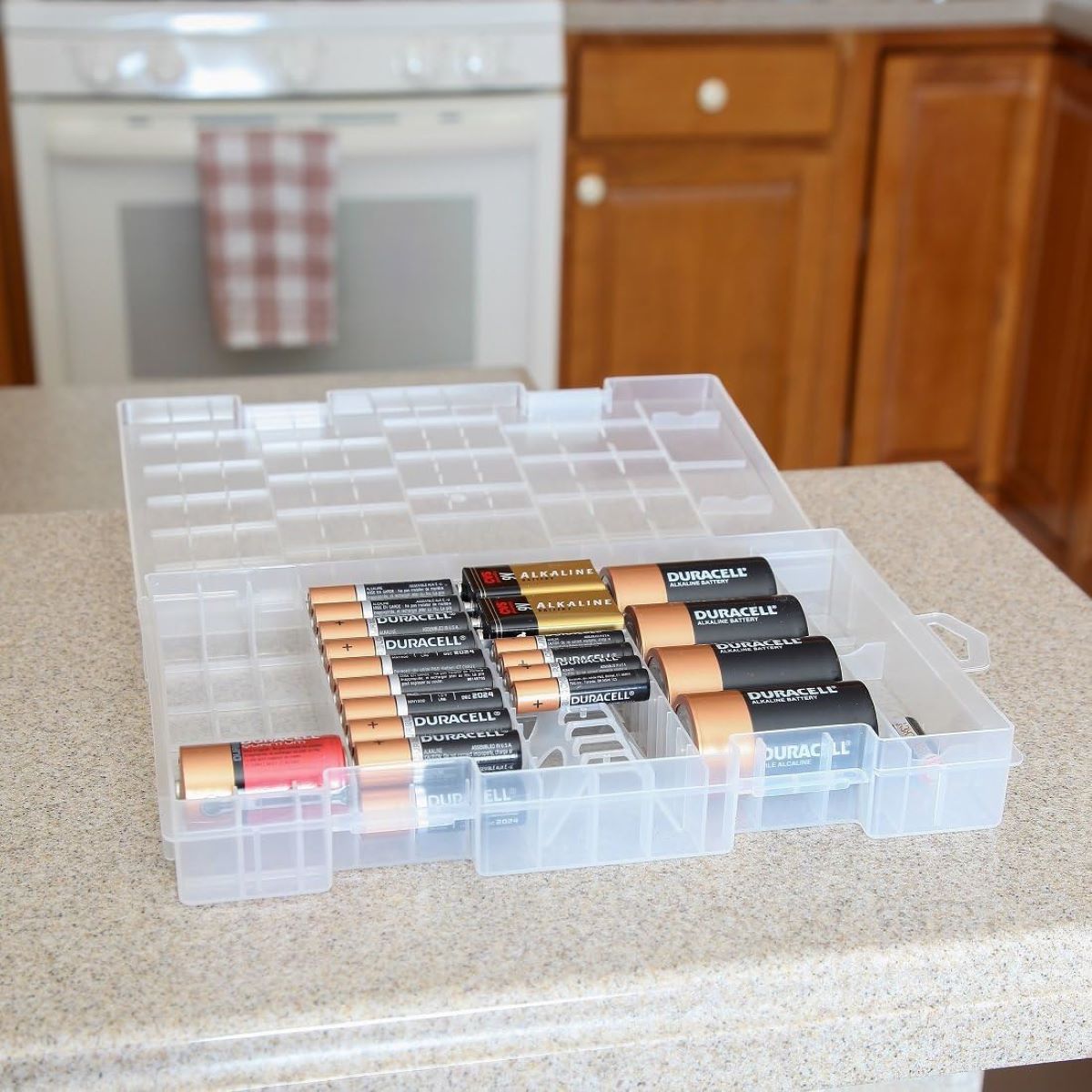
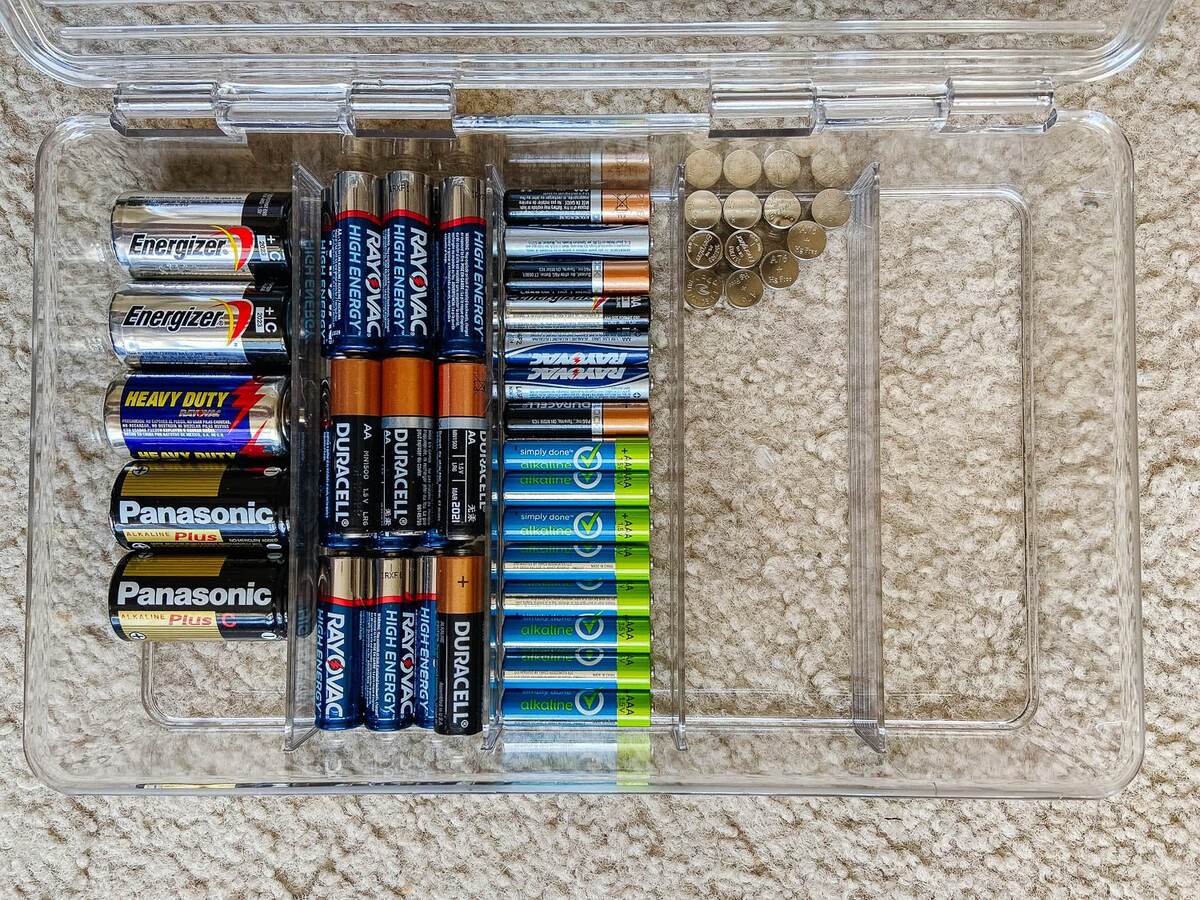

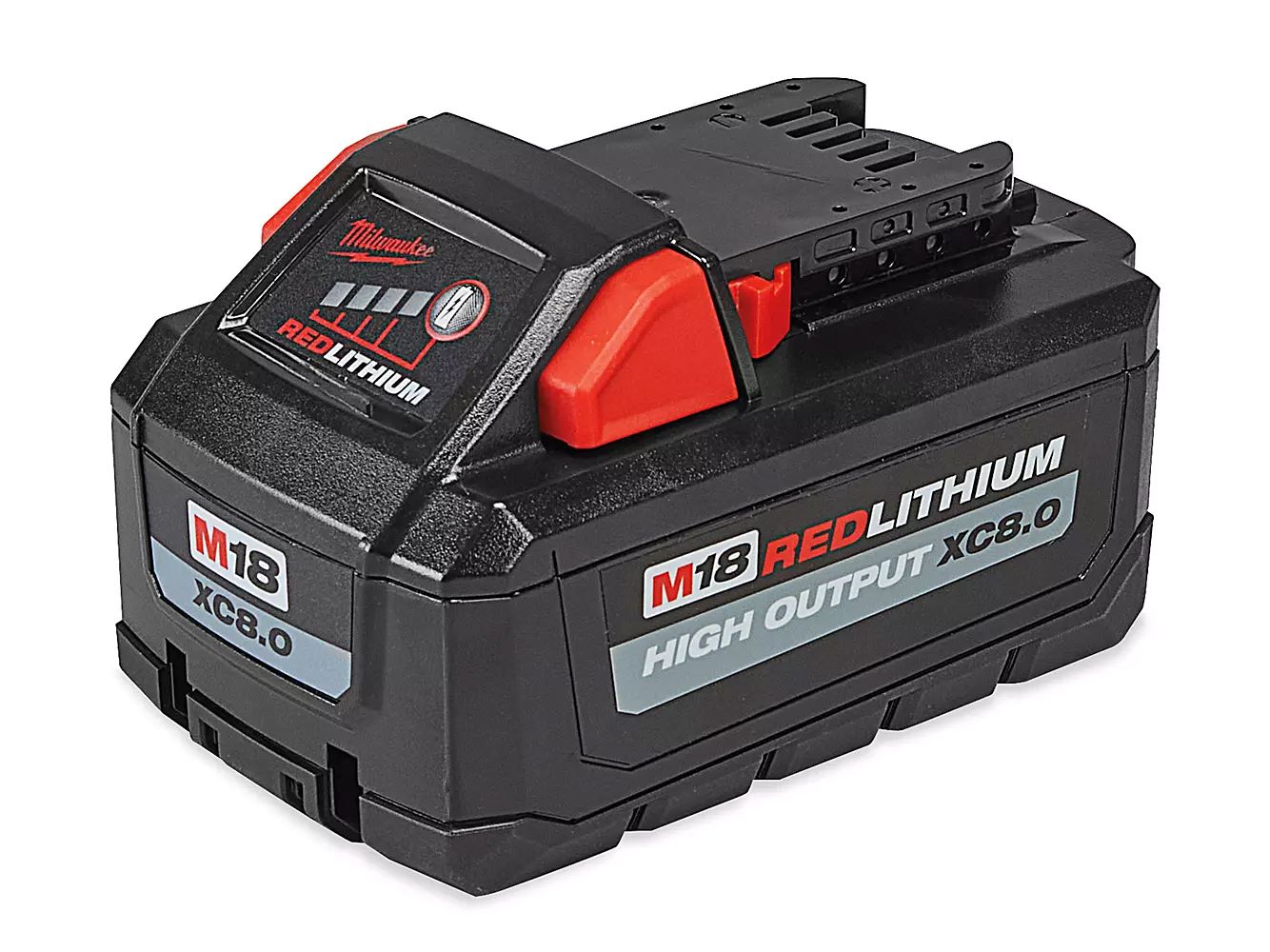
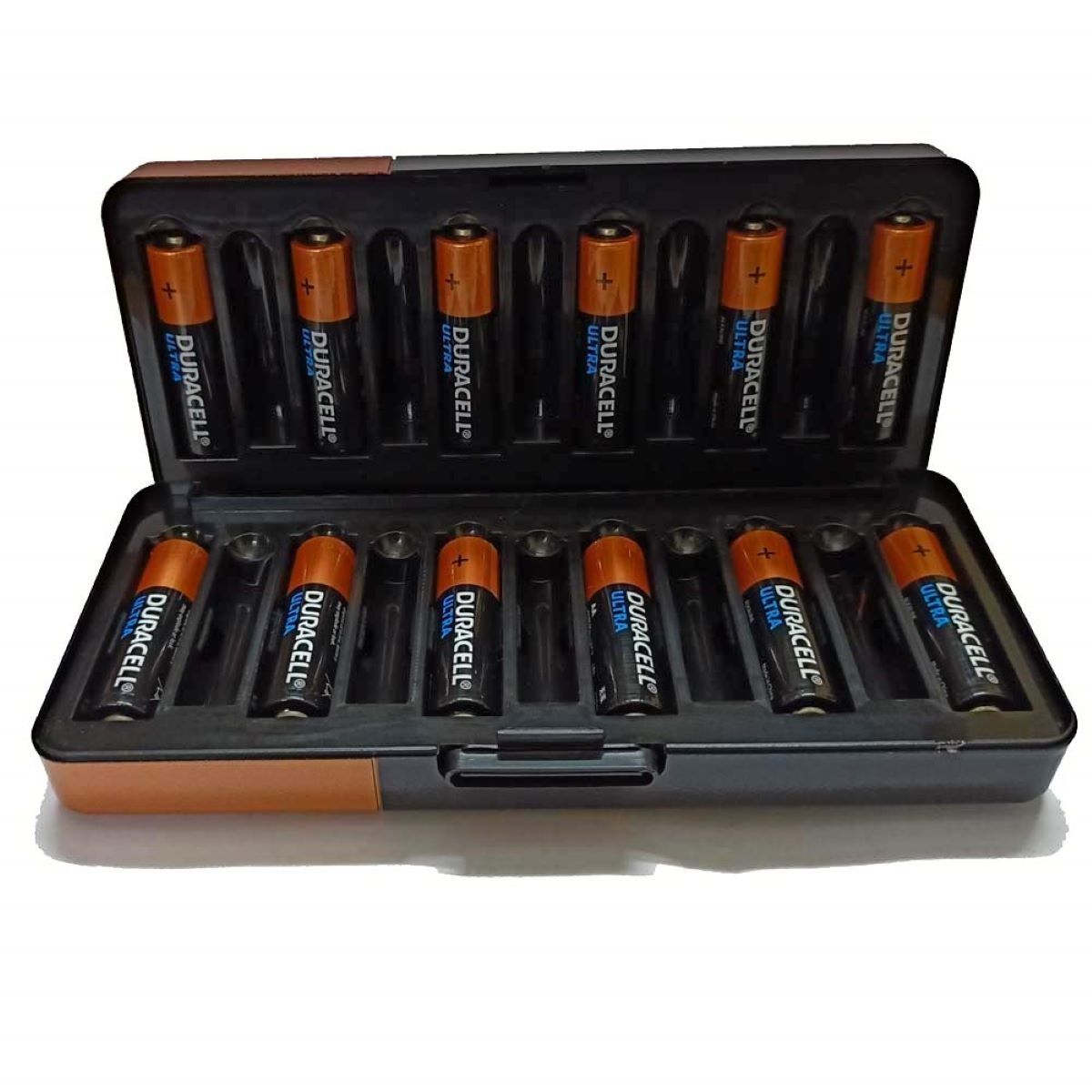
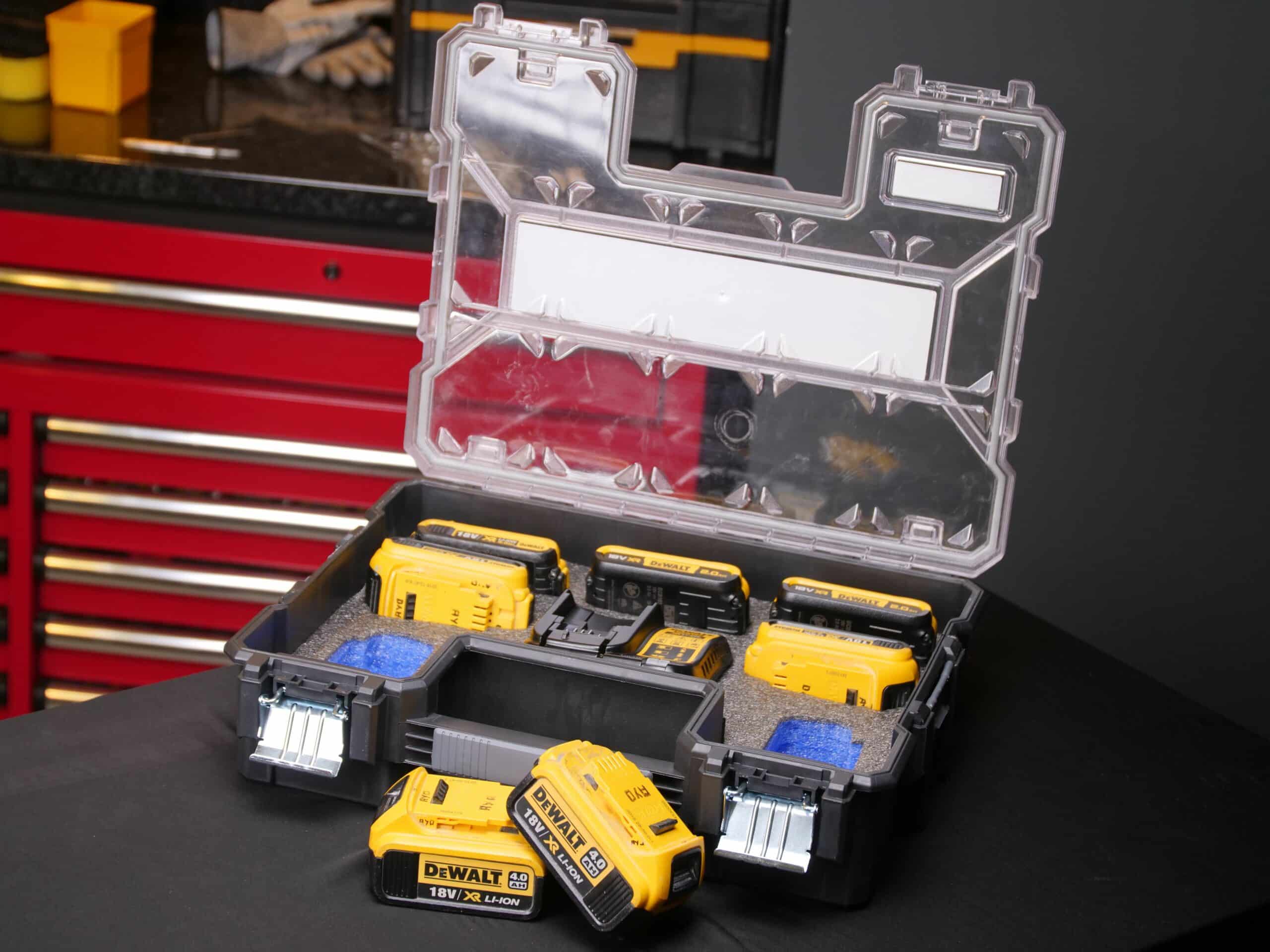
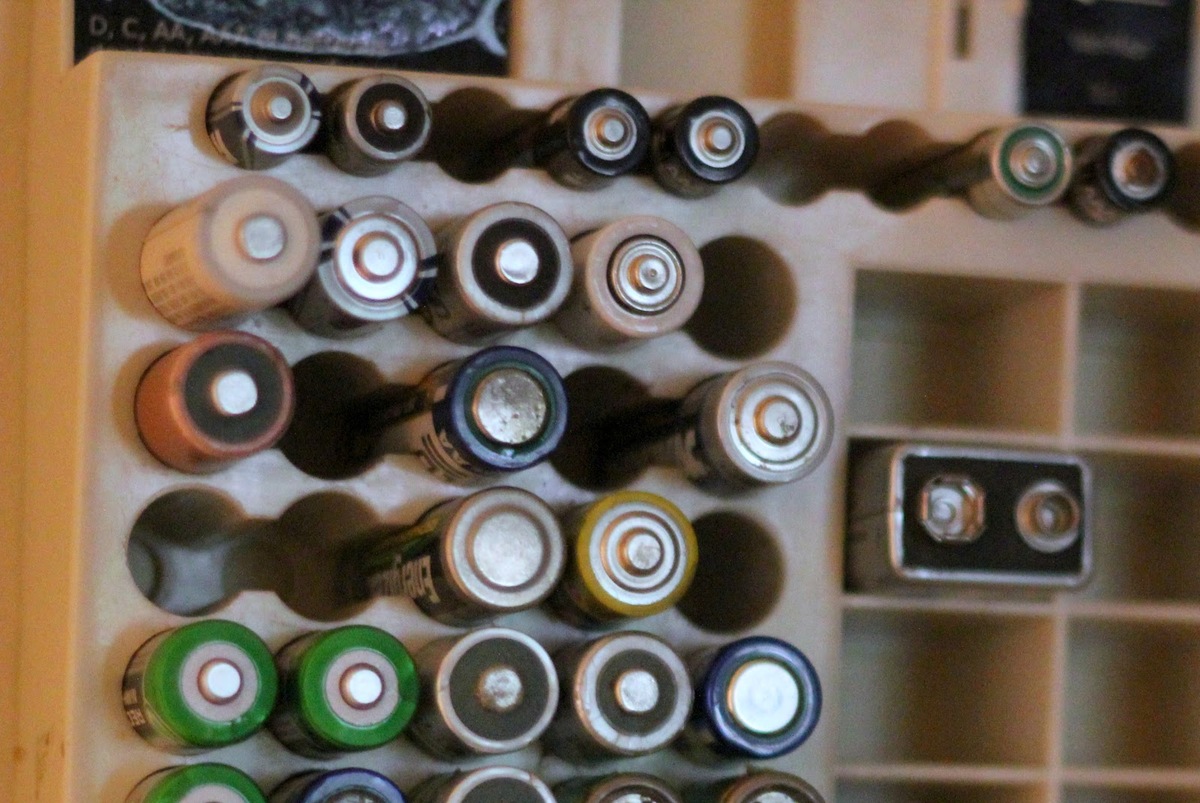
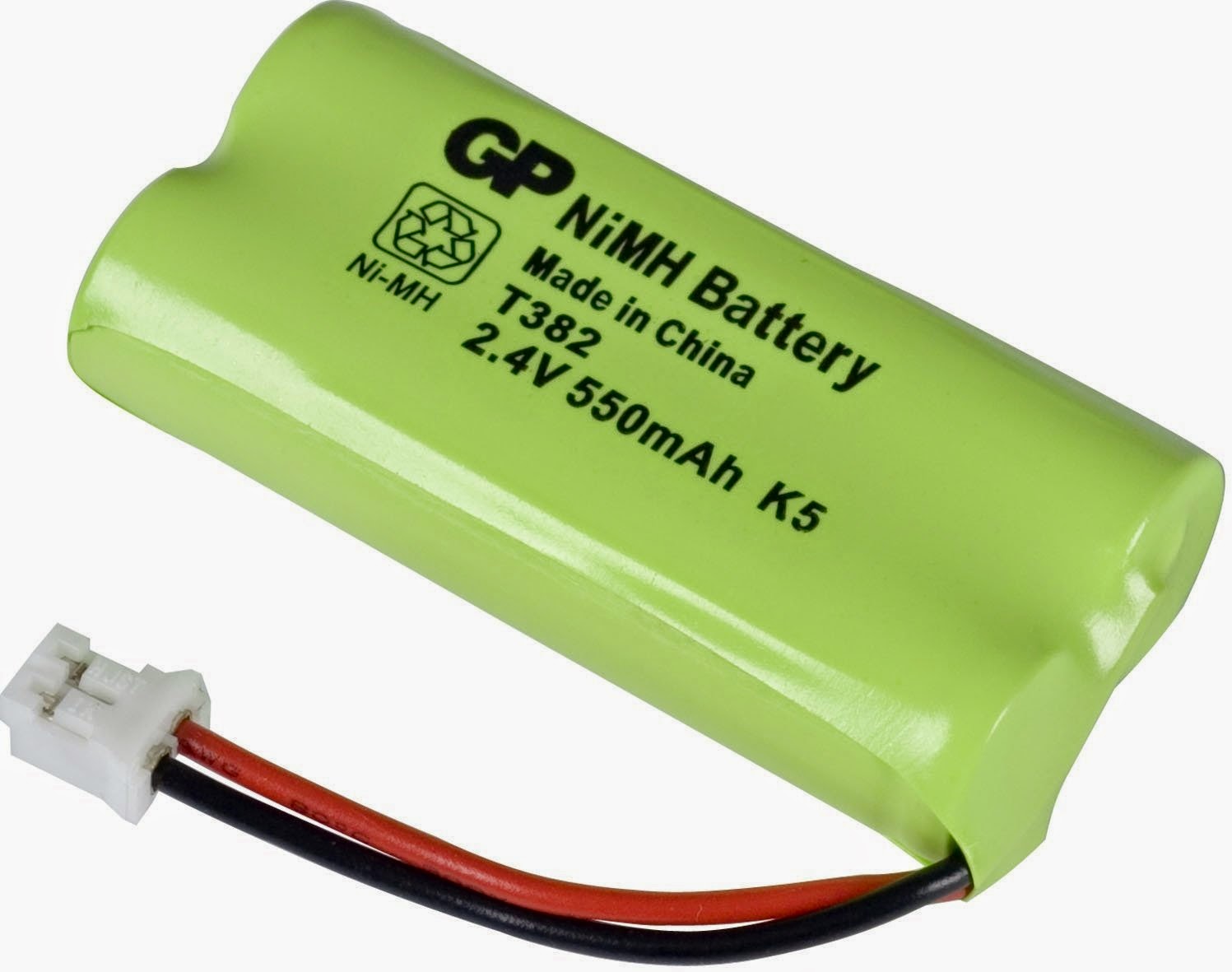
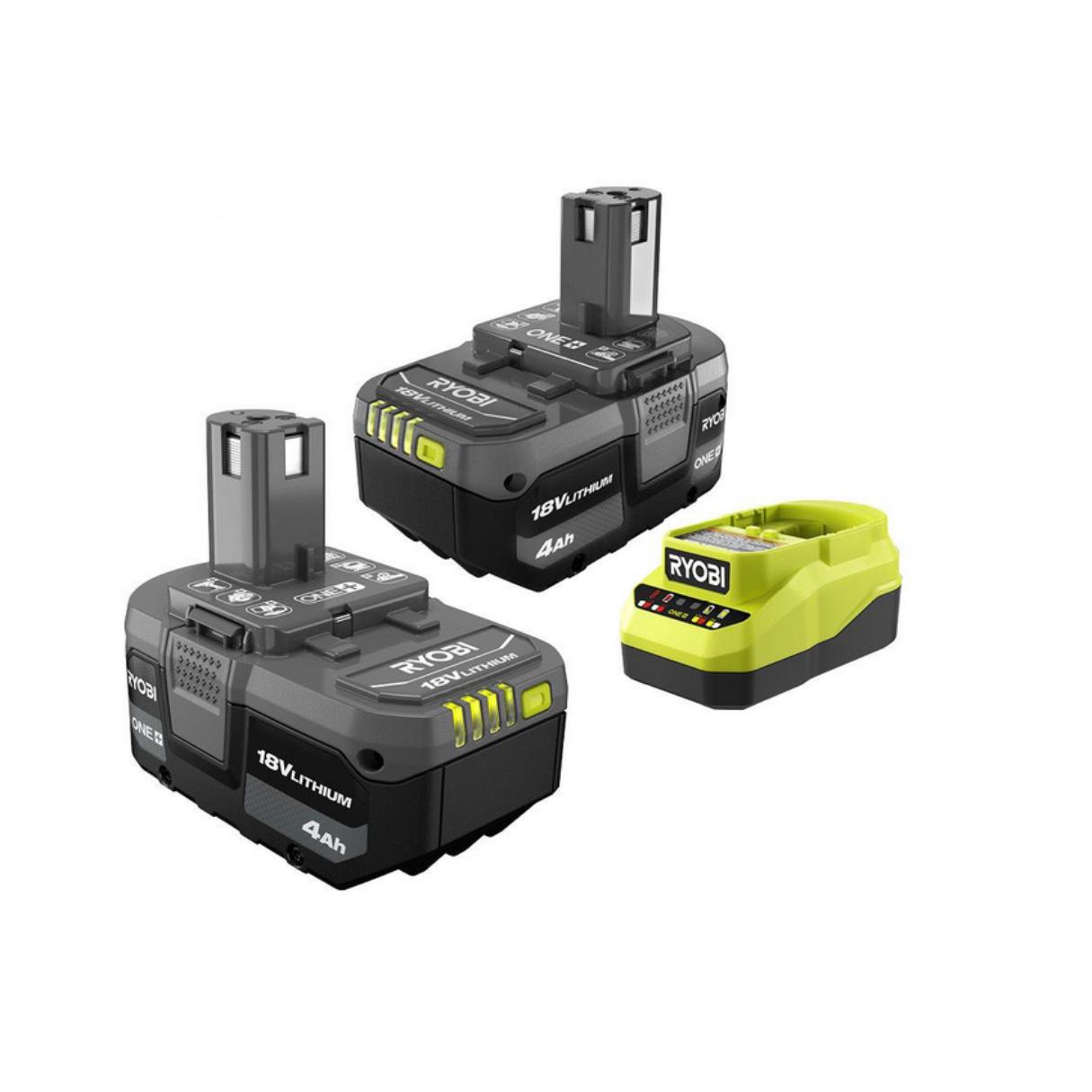
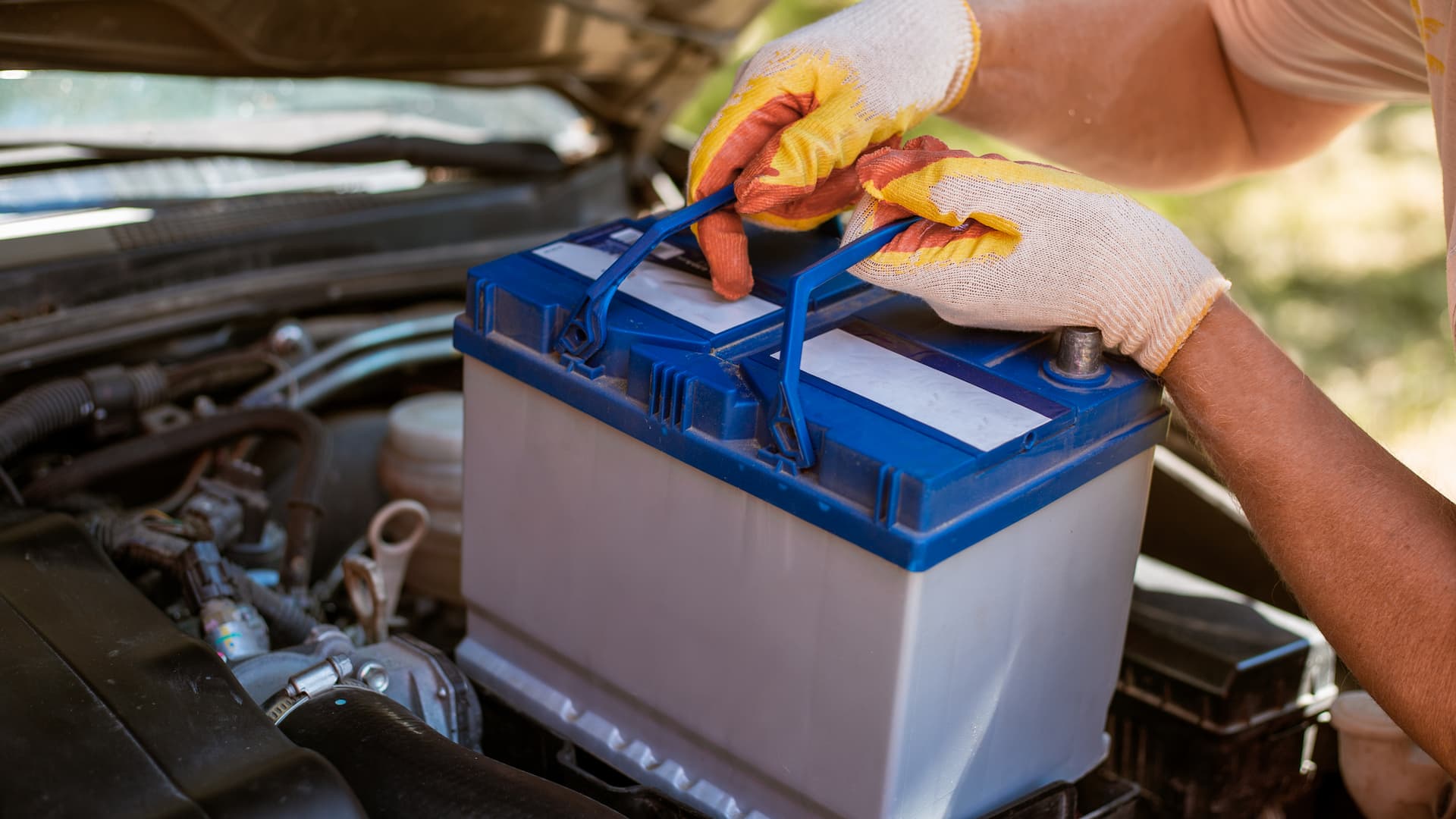
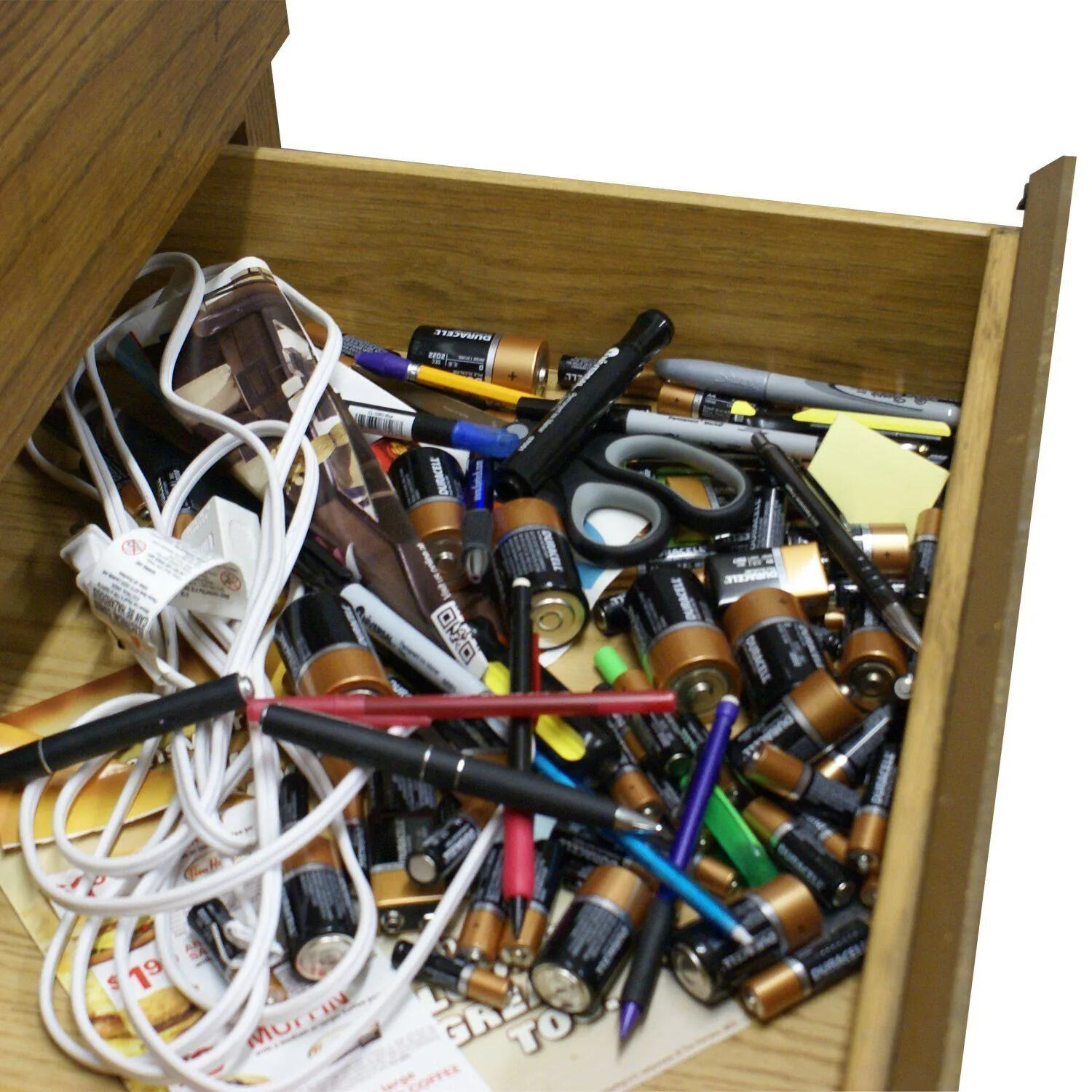
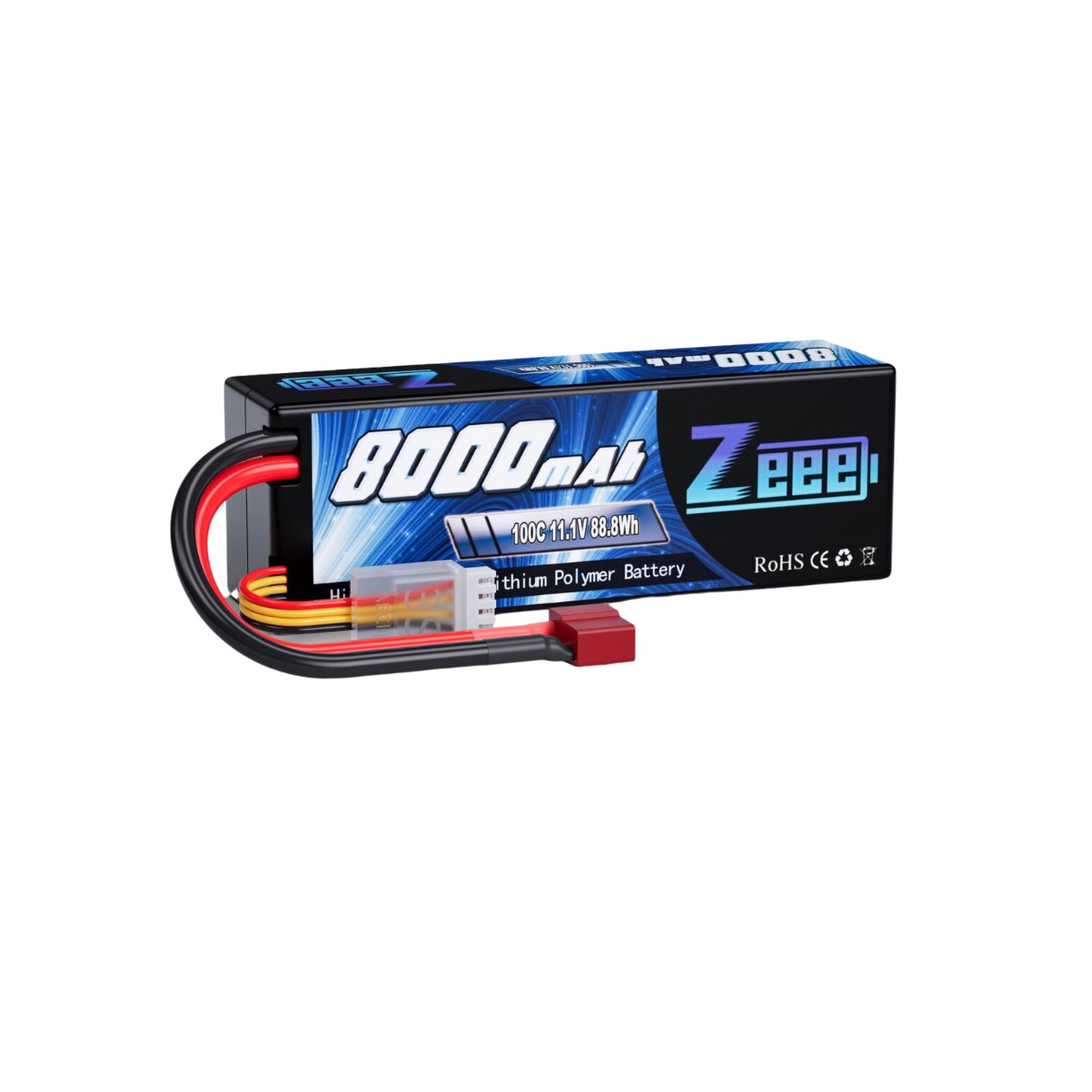
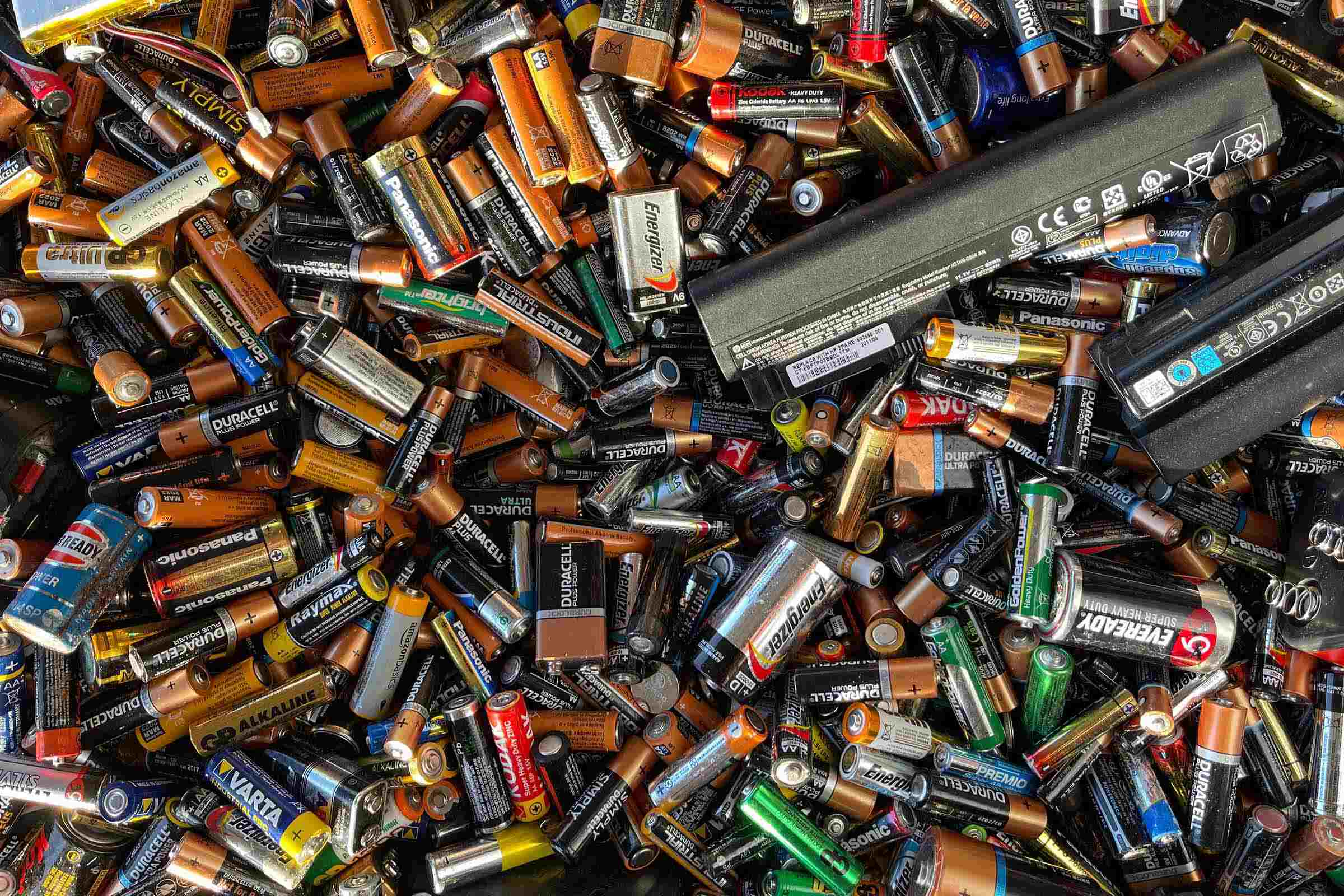
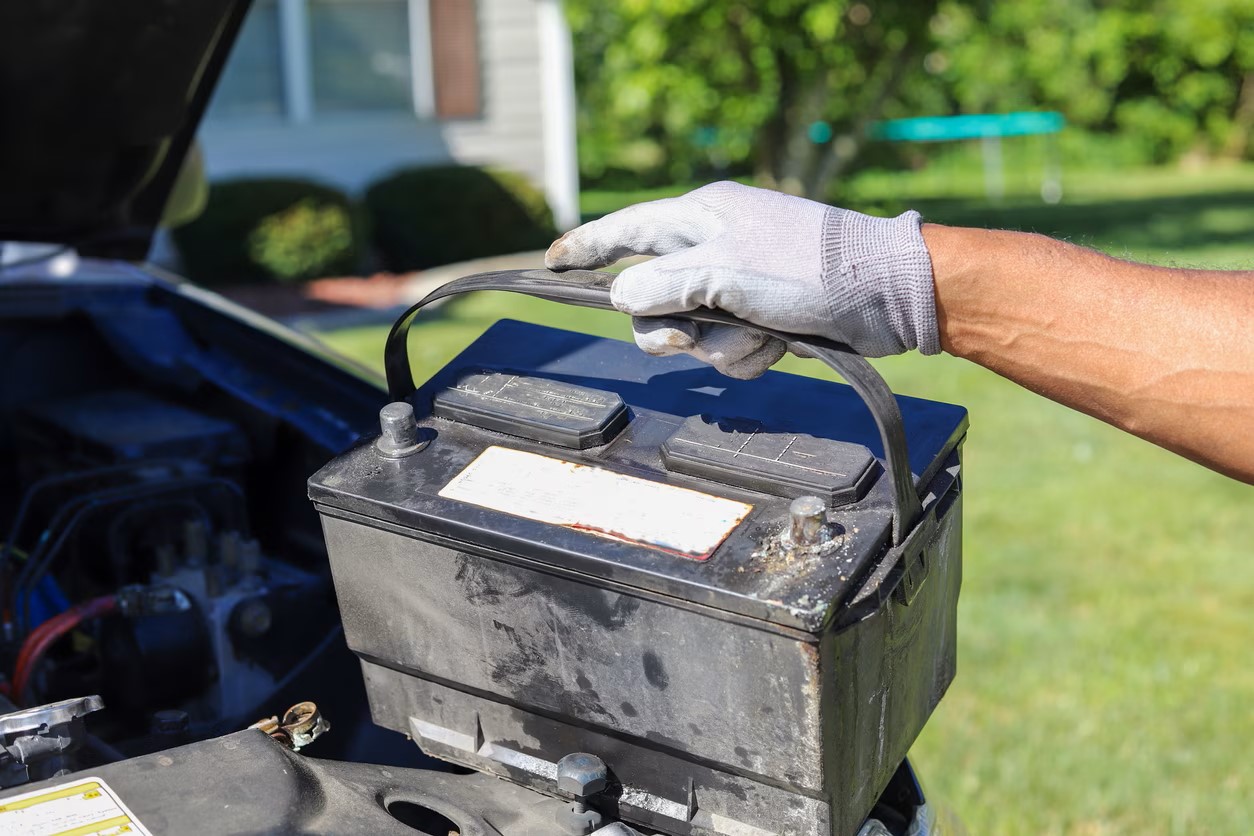

0 thoughts on “How To Store Aa And Aaa Batteries”